In the ever-evolving landscape of education, Paulo Freire’s “Pedagogy of the Oppressed” offers transformative insights that resonate deeply in modern classrooms. Freire’s revolutionary approach challenges traditional teaching methods, emphasizing the importance of dialogue, critical thinking, and active engagement. This article explores Freire’s pedagogical framework, highlighting how his methods empower learners and foster a more inclusive and dynamic educational environment. We will delve into key concepts such as dialogic learning, conscientization, and problem-posing education, examining their relevance and application in contemporary teaching practices. Additionally, we will address the challenges associated with implementing Freirean strategies and discuss how collaborative learning environments can thrive under this progressive model.
Explore this topic in-depth with gameshoek.com
1. Why Paulo Freire’s Pedagogy Matters:
Paulo Freire’s pedagogy remains a cornerstone of modern educational theory due to its revolutionary approach to teaching and learning. At its core, Freire’s framework challenges the traditional “banking” model of education, where students are passive recipients of knowledge. Instead, his approach promotes a more interactive and participatory learning process. Freire emphasizes the importance of dialogue between educators and learners, fostering a dynamic exchange that values students’ experiences and perspectives. This method not only encourages critical thinking but also empowers students to question and understand the world around them. By focusing on the liberation of learners and their active role in their education, Freire’s pedagogy supports a more equitable and engaged learning environment. His ideas are particularly relevant today as educators seek to create classrooms that are inclusive, empowering, and responsive to the diverse needs of students.
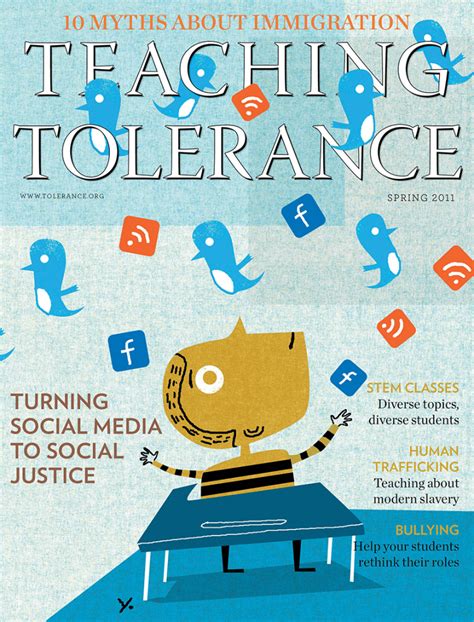
2. How Pedagogy of the Oppressed Empowers Learners:
Paulo Freire’s “Pedagogy of the Oppressed” empowers learners by transforming their role from passive recipients to active participants in their education. Central to Freire’s philosophy is the concept of dialogue, which fosters a collaborative learning environment where students are encouraged to voice their experiences and perspectives. This participatory approach not only enhances critical thinking but also helps students develop a deeper understanding of the material by connecting it to their own lives.
Freire’s emphasis on conscientization—developing a critical awareness of social, political, and economic contexts—enables learners to recognize and challenge oppressive structures. By engaging in problem-posing education, students are invited to question, analyze, and address real-world issues, making learning relevant and meaningful. This method cultivates a sense of agency and self-efficacy, as students see their insights and contributions as integral to the learning process. Ultimately, Freire’s pedagogy empowers learners to become proactive agents of change, capable of applying their knowledge to effect positive transformation in their communities and beyond.
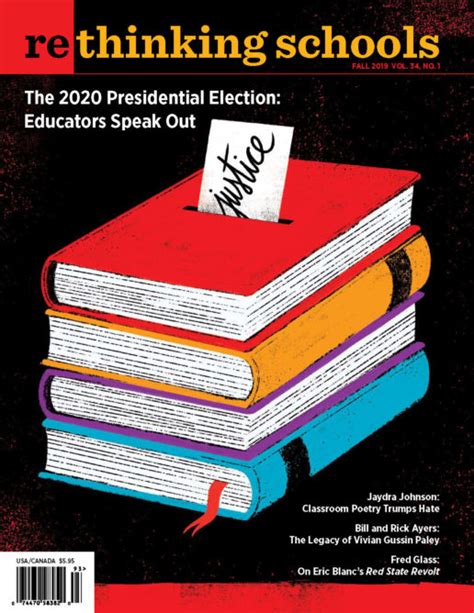
3. What Is Dialogic Learning:
Dialogic learning is a core component of Paulo Freire’s pedagogical approach, emphasizing the importance of conversation and interaction in the learning process. Unlike traditional, lecture-based instruction, dialogic learning involves a reciprocal exchange between educators and students. In this model, knowledge is co-constructed through dialogue rather than transmitted from teacher to student. This method values each participant’s contributions, encouraging a deeper exploration of concepts and fostering a more engaged learning environment.
Through dialogic learning, students are invited to question, reflect, and discuss ideas openly. This interactive process not only enhances critical thinking but also helps learners connect academic content to their personal experiences. By promoting a collaborative atmosphere, dialogic learning supports the development of a democratic classroom culture where every voice is heard and valued. This approach aligns with Freire’s vision of education as a mutual and transformative experience, ultimately empowering students to become active participants in their own educational journey.
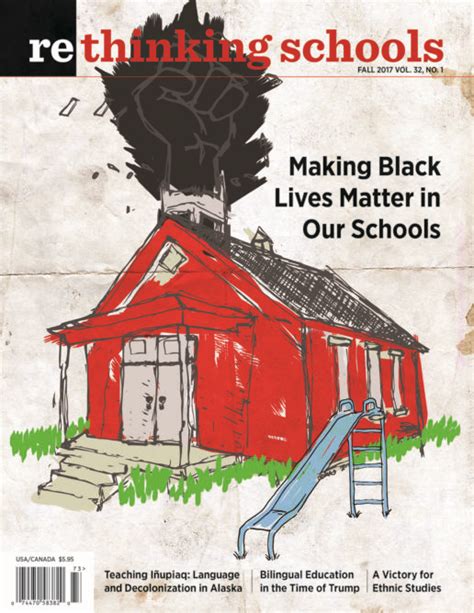
4. Why Conscientization Is Crucial:
Conscientization, a key concept in Paulo Freire’s pedagogy, is crucial because it fosters a deep, critical awareness of social, political, and economic conditions. This process involves helping learners recognize and understand the underlying structures of oppression that affect their lives and communities. By developing this critical consciousness, students are empowered to question and challenge these structures, rather than merely accepting them as immutable.
Freire believed that education should not be a passive experience but an active engagement with the world. Conscientization equips learners with the tools to analyze their circumstances critically, leading to a greater understanding of their roles and potential for change. This awareness helps students to see beyond their immediate environment and to grasp the broader socio-political context in which they live.
By integrating conscientization into the learning process, educators enable students to move from awareness to action. It transforms learners into proactive agents of change, who can apply their insights to address social injustices and work towards more equitable solutions. This approach aligns with Freire’s vision of education as a practice of fre
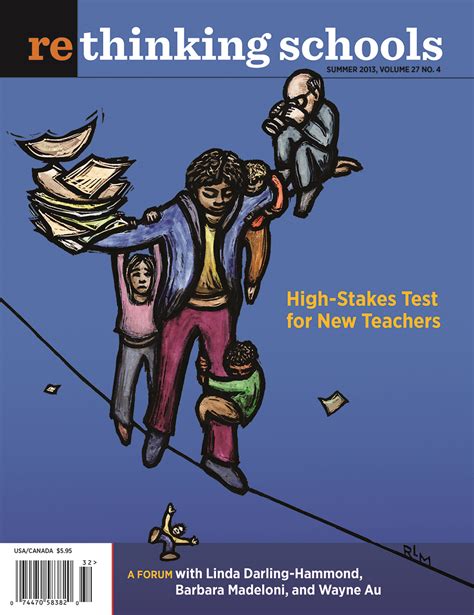
5. How to Implement Problem-Posing Education:
Implementing problem-posing education involves creating a learning environment where students engage with real-world issues through critical inquiry. This approach starts with presenting students with relevant, open-ended problems rather than predefined answers. Educators facilitate discussions that encourage students to explore these issues, analyze various perspectives, and develop their own solutions.
To effectively implement this method, teachers should design activities that connect the curriculum to students’ lived experiences and societal challenges. Encourage collaborative problem-solving, where students work together to research, debate, and reflect on the problems at hand. This process not only enhances critical thinking but also fosters a sense of ownership over their learning.
Incorporate regular feedback and reflection sessions to help students assess their progress and refine their understanding. By integrating problem-posing education, educators create a dynamic and interactive classroom that empowers students to apply their learning to real-world contexts, fostering deeper engagement and practical skills.
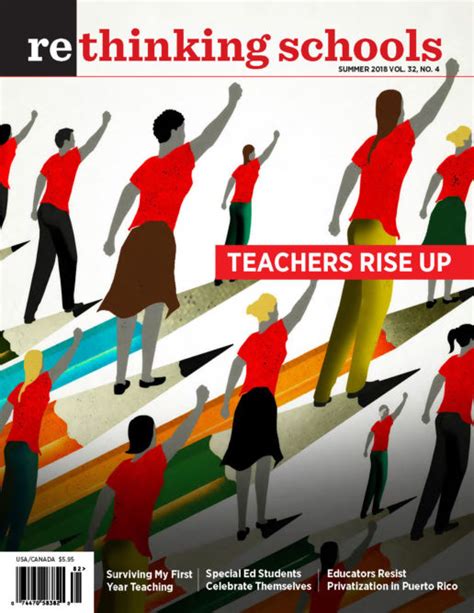
6. What Are the Challenges of Freirean Pedagogy:
Despite its transformative potential, Freirean pedagogy presents several challenges. One major difficulty is the shift from traditional teaching methods to a more dialogic and participatory approach. Educators accustomed to lecture-based instruction may find it challenging to adapt to the facilitative role required by Freire’s methods. This shift demands a significant change in teaching style, classroom dynamics, and assessment practices.
Another challenge is ensuring that all students are equally engaged in dialogue and critical reflection. In diverse classrooms, some students may be reluctant to participate or may lack the confidence to voice their opinions. Facilitators must create an inclusive environment that encourages all voices to be heard and valued.
Implementing problem-posing education also requires substantial planning and resources. Designing meaningful, real-world problems and facilitating discussions can be time-consuming and demanding. Additionally, educators must be prepared to address and manage complex social issues that arise during these discussions
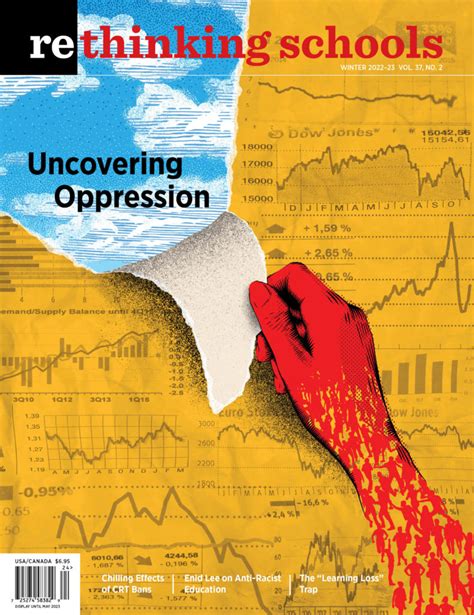
7. Why Collaborative Learning Environments Succeed:
Collaborative learning environments succeed because they align closely with Freire’s principles of dialogue and mutual respect. These environments promote active engagement among students, fostering a sense of community and shared responsibility for learning. By working together, students benefit from diverse perspectives, enhancing their understanding of complex concepts and developing critical thinking skills.
In collaborative settings, learners are encouraged to contribute their unique viewpoints and expertise, which enriches the educational experience and supports deeper learning. This approach also builds essential interpersonal skills, such as communication, teamwork, and conflict resolution. Collaborative learning encourages students to take ownership of their educational journey, as they are not just passive recipients of knowledge but active participants in constructing it.
Furthermore, these environments create a supportive atmosphere where students feel valued and motivated. This sense of belonging and mutual respect enhances engagement and persistence, making collaborative learning a powerful tool for fostering effective and meaningful educational outcomes.
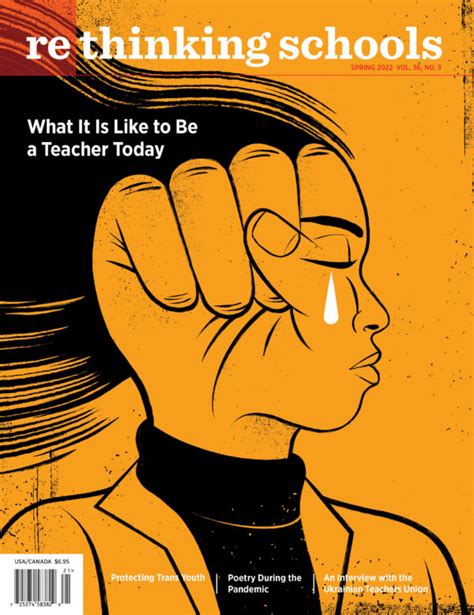
8. How to Measure the Impact of Freirean Methods:
Measuring the impact of Freirean methods involves evaluating both qualitative and quantitative outcomes. Begin by assessing student engagement and participation levels in dialogic and problem-posing activities. Surveys and interviews can provide insights into students’ perceptions of their learning experiences and their development of critical thinking skills.
Examine changes in student performance and understanding through formative and summative assessments that reflect the application of Freirean principles. Look for improvements in students’ ability to analyze and address real-world problems, as well as their growth in self-efficacy and agency.
Additionally, observe classroom dynamics and interactions to gauge the effectiveness of collaborative learning environments. Evaluate how well students work together, support each other, and contribute to discussions.
Regularly gather feedback from both students and educators to identify strengths and areas for improvement in the implementation of Freirean methods. This holistic approach helps in understanding the broader impact and effectiveness of these pedagogical strategies.
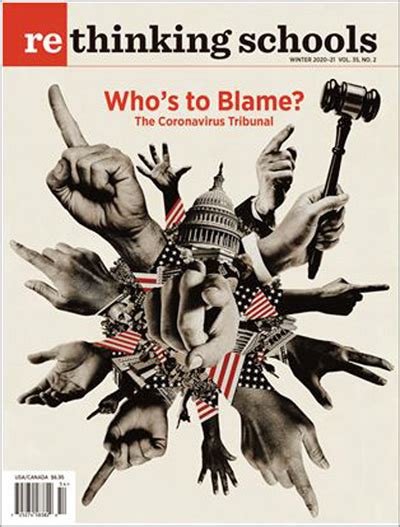
Paulo Freire’s “Pedagogy of the Oppressed” offers profound insights into transforming education through dialogue, critical consciousness, and problem-posing methods. By embracing these principles, educators can foster a more engaging, equitable, and effective learning environment. Despite challenges in implementation, the benefits of Freirean pedagogy—enhanced student empowerment, collaboration, and critical thinking—demonstrate its enduring relevance in modern education. Embracing these strategies can lead to a more dynamic and impactful educational experience.
gameshoek.com
